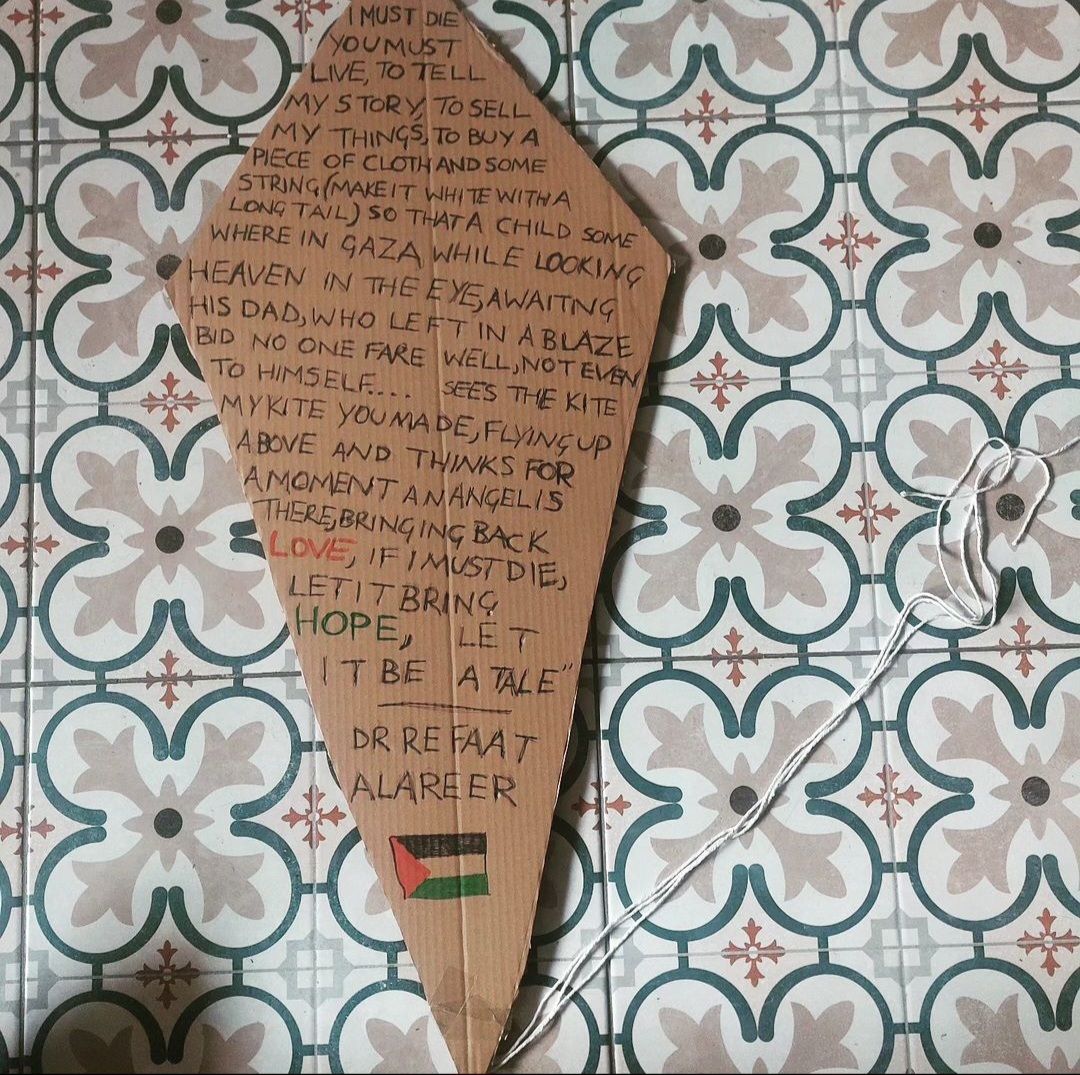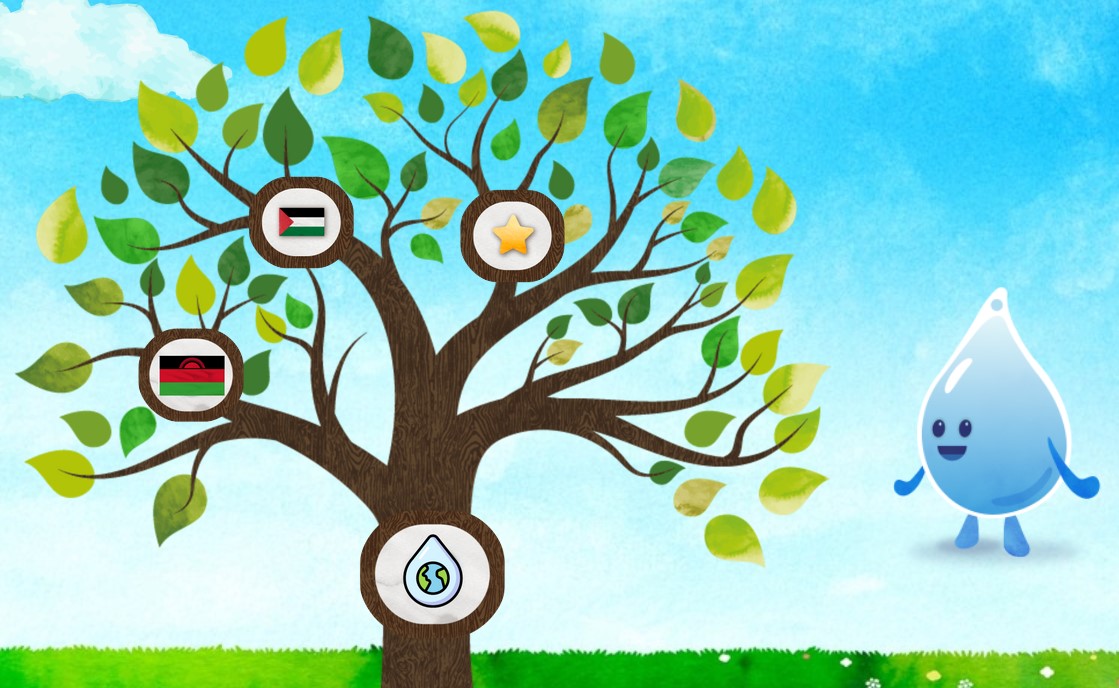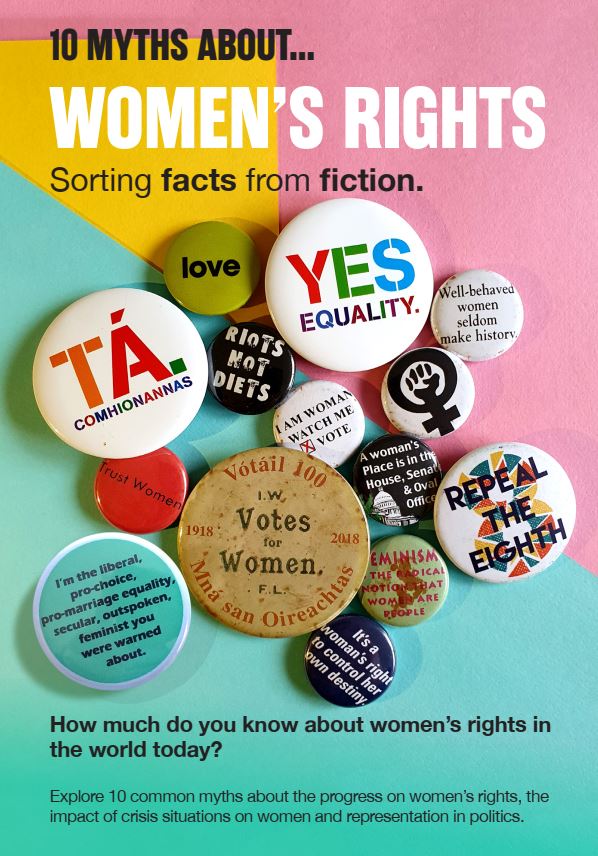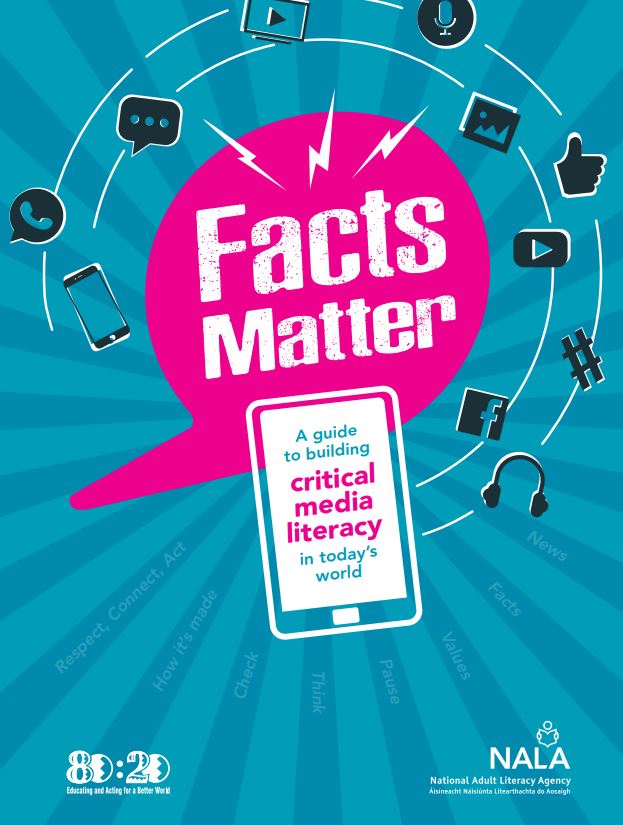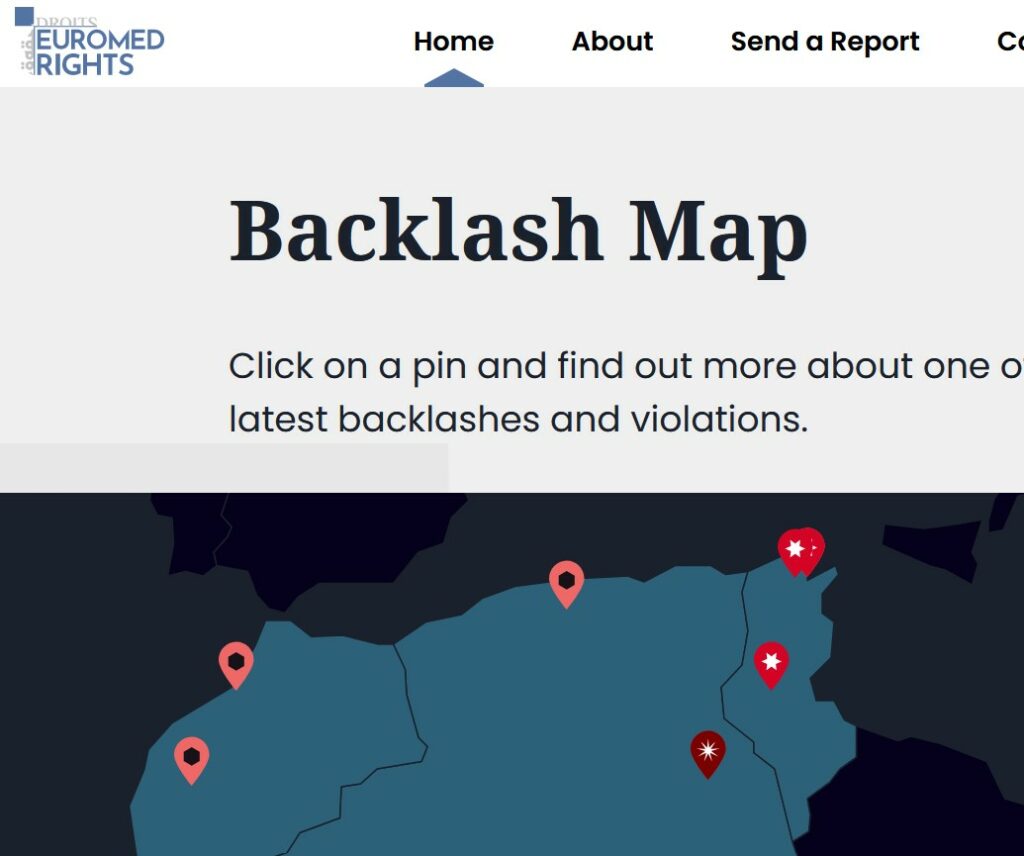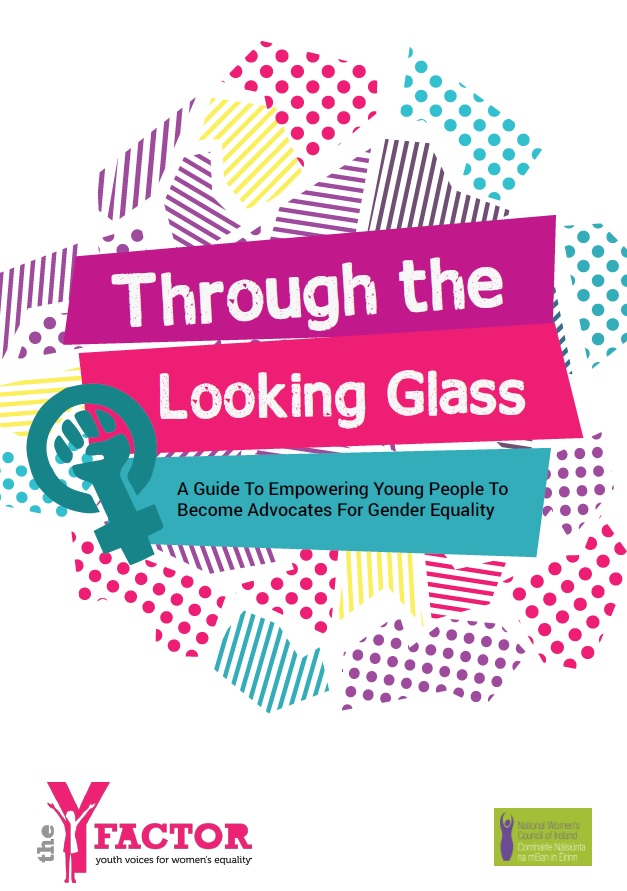- 'I must die, you must live to tell my story' - Dr Refaat Alareer's words on a kite in Wexford, Ireland. Photo by Ciara Regan (08/03/2024)
From getting out to vote in today’s referendum in Ireland to entertaining two children off school due to it’s conversion to a make-shift polling station, Ciara Regan reflects (late!) on international women’s day 2024. The irony is not lost on her.
The 8th of March. International Women’s Day. The day for celebrating the achievements of women. The day for acknowledging those who paved the way before us and those who continue to challenge the status quo. However, this year, celebrating does not feel right. Being angry does. These words are the same words I wrote with my then colleague, Gina Dorso, in 2022. And they are still relevant now. Perhaps even more so.
As a feminist, it is impossible to not feel sad, to not feel angry as to what International Women’s Day has become. The theme this year? Inspiring inclusion: ‘When we inspire others to understand and value women’s inclusion, we forge a better world’. Writer and cultural critic Flavia Dzonan’s famous quote comes to mind when I read the dialogue around this year’s theme:
My feminism will be intersectional or it will be bullshit.
If this inclusion does not extend to all women, and not just the women in boardrooms who create these themes and concepts, then it is, in fact the opposite of what it claims to be. An International Women’s Day Trojan Horse, perhaps?
Now more than ever, it does not feel like a day for celebration or inclusion, and yet we still see companies who are known for exploiting their (mostly female) garment workers, offering International Women’s Day deals – and don’t forget to tag us now that you feel #prettypowerful. This juxtaposition is illustrated perfectly by Nilanjana Bhomick in her piece in the Guardian from the Indian context.
Instead of celebrating today, instead of listing the facts that, let’s face it, we are all acutely aware of in relation to women’s treatment across the world, instead of that, I suggest that we look to Palestine. We stand with Palestine, the Palestinian people and most especially, Palestinian women. We stand with all of those who are victims of gender-based violence on and after October 7th.
Essential reading, Palestinian feminist Samah Salaime argues that women’s liberation mustn’t stop at either side of the Gaza fence in +972 Magazine, an independent magazine run by Palestinian and Israeli journalists.
In this context, I would recommend reading the statement by six members of Arab Women’s Organizations Against Rape in December 2023, which includes this incisive summary:
“We vehemently oppose occupation, racism, discrimination, male dominance, and extremism, irrespective of time or place. Our firm stance against sexual assaults, harassment, and rape remains unwavering, supporting every woman who speaks out, regardless of nationality, religion, or ethnicity.”
The statement’s title couldn’t be clearer: ‘Our feminism is indivisible, human rights are indivisible’.
5 things you can do today, and after
1. I am reminded of a line from the now famous poem by Reefat Alareer, ‘If I must die, you must live, to tell my story… let it bring hope, let it be a tale’. We must remember the women the world has lost in these last 5 months, which have changed the world forever. They had lives, they had hopes, they had dreams. We must acknowledge them, we must learn their names so they are not forgotten. We must share their tales. And the tales of their historical resistance.
2. Keep having difficult conversations. Try one of the many teaching tools and methodologies produced to support conversations, debates and education work (see 6 curated resources below).
3. Stand against misogyny. Stand against Islamophobia. Stand against antisemitism.
4. Take action. Share and amplify voices from Palestine and Israel. Explore the concept of boycott movements and why they are an important tool for human rights and international solidarity in practice. Join a local solidarity group, inform yourself on the BDS movement, call decision makers and voice your concerns to act locally and nationally.
5. Do not lose hope. I am saying this as much to myself, the author, as I am to you, the reader. We must not tire. We must not become numb to the images.
Lastly, on a day as important as today, I would like to end with the words of US author and activist Ijeoma Oluo, and encourage reflection on what this means for you, as a feminist:
“When we identify where our privilege intersects with somebody else’s oppression, we’ll find our opportunities to make real change.”
6 starter resources for educators
How would you allocate water resources? Try blackout poetry and explore barriers to water justice at early learning, primary, post primary and youth work levels on The Water Justice Tree microsite by Trócaire.
Women’s rights quiz – take the test.
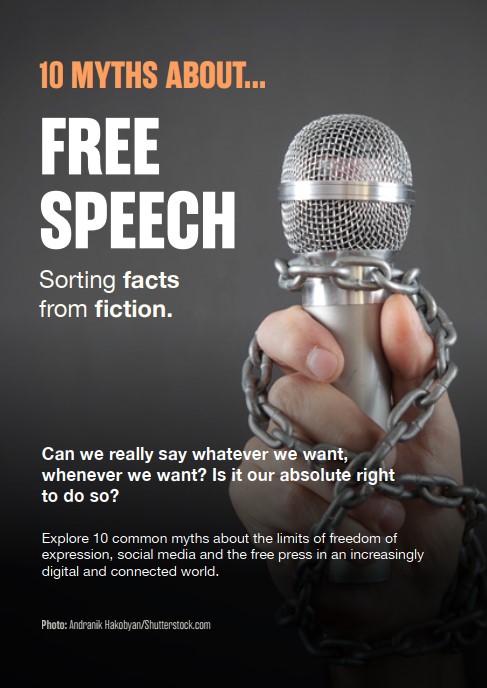
Free speech, censorship and snowflakes – take the quiz.
Facts Matter is an introductory guide for adult literacy and adult education practitioners on critical thinking, media and digital literacy.
EuroMed Rights’ interactive Backlashes Map aims to document attempted and successful forms of contestations/ ‘backlashes’ to gender equality and women’s rights in the Middle East and North Africa.
Through the Looking Glass: a guide to empower young people to become advocates for gender equality by the National Women’s Council of Ireland

